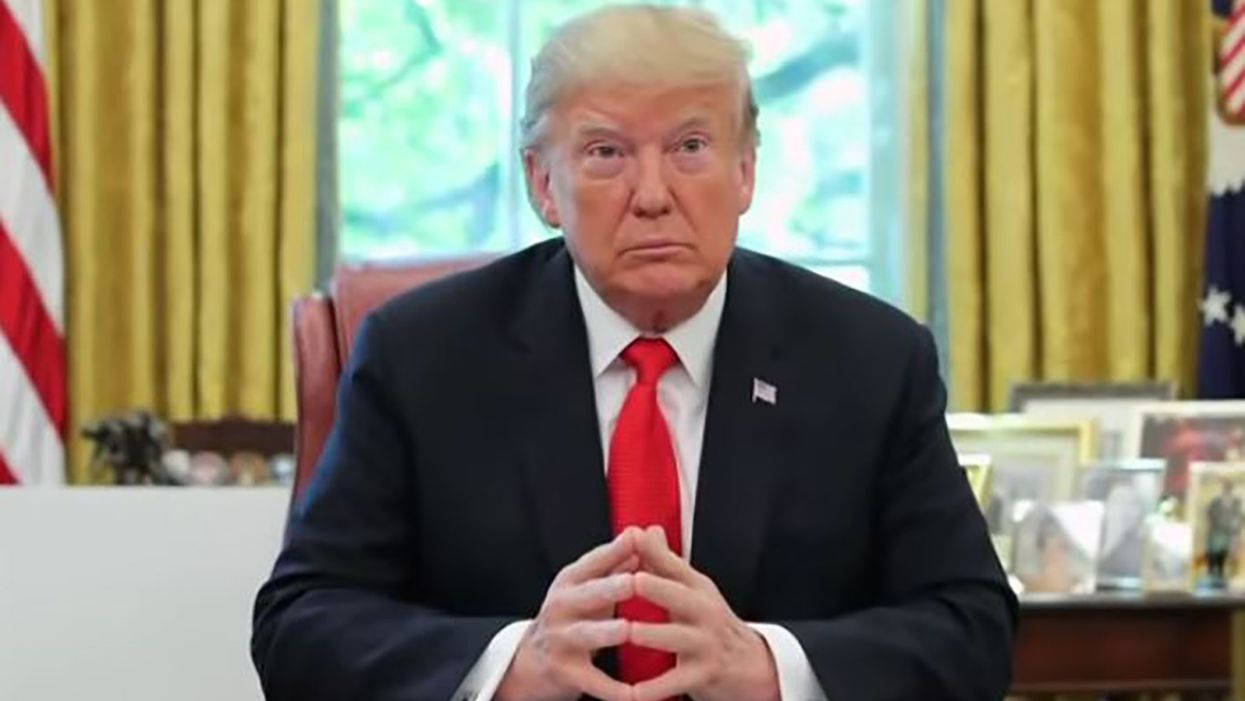Trump called AG Rosen nearly everyday while pushing to overturn the 2020 presidential election: report


Former President Donald Trump is said to have called former U.S. Attorney General Jeffrey Rosen nearly every day as he fought to overturn the presidential election at the end of 2020.
According to The Washington Post, Trump made the repeated calls in an effort to raise awareness about his so-called claims of widespread voter fraud. Despite Trump's countless calls, Rosen testified back in May that he did not deliver on many of the requests Trump supporters demanded.
"During my tenure, no special prosecutors were appointed, whether for election fraud or otherwise; no public statements were made questioning the election; no letters were sent to State officials seeking to overturn the election results; [and] no DOJ court actions or filings were submitted seeking to overturn election results," Rosen testified.
Trump reportedly placed the calls from the end of 2020 through early 2021 at a time when the former president and his supporters were pressuring Republican officials to overturn the election. At the time, Trump's legal team had filed lawsuits in several states as they promoted misinformation campaigns.
In addition to the legal obstacles, they attempted to create, they also made the presidential transition far more difficult for President Joe Biden's incoming administration.
The latest follows the release of a letter from Associate Deputy Attorney General Bradley Weinsheimer. In that letter, Weinsheimer told Rosen: "You are authorized to provide information you learned while at the Department," including "your knowledge of attempts to involve the Department in efforts to challenge or overturn the 2020 election results. This includes your knowledge of any such attempts by Department officials or by White House officials to engage in such efforts."
The letter continued noting that the "extraordinary events in this matter constitute exceptional circumstances warranting an accommodation to Congress in this case," including lawmakers' effort to determine "whether former President Trump sought to cause the Department to use its law enforcement and litigation authorities to advance his personal political interests with respect to the results of the 2020 presidential election."
As a result, the letter said, President Biden "has decided that it would not be appropriate to assert executive privilege with respect to communications with former President Trump and his advisors and staff on matters related to the scope of the Committees' proposed interviews, notwithstanding the view of former President Trump's counsel that executive privilege should be asserted to prevent testimony regarding these communications."